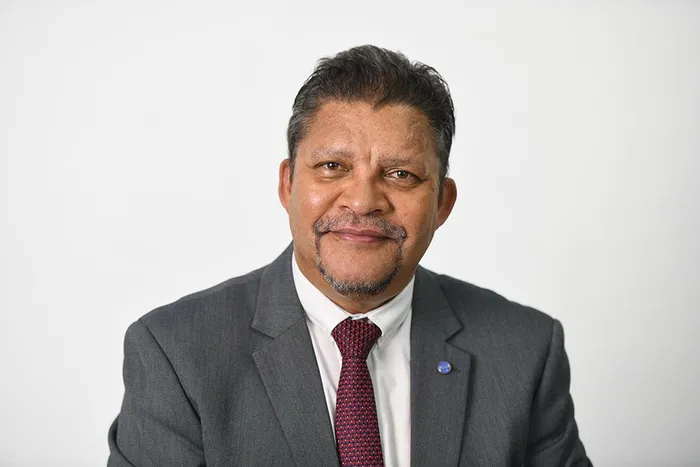The credible delivery of AI in Africa's engineering future

Chris Campbell, the CEO of Consulting Engineers South Africa
Image: Supplied
The recent projections regarding the impact that AI will have on several economic engines across the continent should not be seen as just a statistic, but a call for South Africa to address systemic barriers that have historically held back progress and to position itself as an enabler of this next wave of economic transformation.
According to a recent McKinsey report titled ‘Africa’s gen AI potential’, generative AI (Gen AI) could unlock between $61 billion and $103 billion in annual economic value across sectors fundamental to South Africa’s growth like mining, heavy industry, energy and construction. While the report’s projections are compelling, we must caution against viewing technology as a panacea to all our problems.
How Gen AI might move the needle
We understand that using Gen AI in areas like process optimisation has the potential to dramatically streamline operations, improve asset use and reduce downtime, particularly in sectors such as mining and energy, but while these technical advancements can be transformative, their impact is often constrained by non-technical barriers.
The ‘uncontrollables’ in this situation stymie the outcome that we are seeking. For AI-driven process optimisation to deliver its full promise, it must be embedded within a framework of credible delivery and good governance, ensuring that operational gains are not undermined by systemic inefficiencies, mismanagement or other persistent issues such as political interference, corruption and bureaucracy.
Optimism regarding Gen AI must therefore be balanced with a clear-eyed assessment of local realities. Unlocking Gen AI’s value is contingent on credible delivery, robust governance and a relentless focus on value for money.
South Africa, for instance, recently secured billions in loans from the World Bank, African Development Bank, and BRICS Bank, much of which is earmarked for infrastructure. From an engineer’s perspective, the monetary needs for our country is vast, with Johannesburg alone needing about R92 billion to fix its aging infrastructure. Notably, the R26 billion World Bank loan will support government plans to add 3 500 megawatts of renewable energy capacity by March 2027, along with private investment with the potential to add 200 kilometers of new transmission lines, much needed to address the country’s energy crisis.
Gen AI could help increase the return on these investments by identifying the most efficient routes and configurations for new lines, reducing costs and accelerating delivery, flagging cost overruns, delays or quality issues, that in turn, supports anti-corruption efforts and improves transparency, while also improving maintenance, which reduces outages and integrates renewables more effectively.
But, if we are not serious about ensuring that we’re getting value for money delivery in any of the projects we embark on using these funds, it would be a travesty for our future generations, because we’re going to be paying loans off for years to come and have very little to show for it. These investments can only be realised if they are managed with integrity and technical rigor.
Expanding the impact of Gen AI
There is potential for Gen AI in water and transport infrastructure, areas where South Africa faces acute challenges. AI can model water flows, detect leaks and optimise distribution networks – this is vital in a country where we are totally reliant on the Lesotho Highlands Water Project to come on stream and where aging city infrastructure is failing.
In our vast road network, AI-driven maintenance scheduling and traffic management can stretch limited budgets further, helping to address the backlog in secondary and municipal roads.
The full value of Gen AI will only be unlocked if organisations have the right capabilities and change management processes in place. In South Africa, this means the rigorous vetting of service providers. Public sector bodies need to adequately vet the companies that they appoint as consulting engineering companies and do the same when it comes to the construction companies appointed for these projects.
Membership of professional bodies, such as Consulting Engineers South Africa, is one indicator of credibility, but a proven track record and commitment to professional standards are also essential.
We stand ready to lead the AI transformation, ensuring that the often invisible work of engineers becomes the foundation for a visible, sustainable and equitable future.
Chris Campbell is CEO of Consulting Engineers South Africa
*** The views expressed here do not necessarily represent those of Independent Media or IOL
BUSINESS REPORT